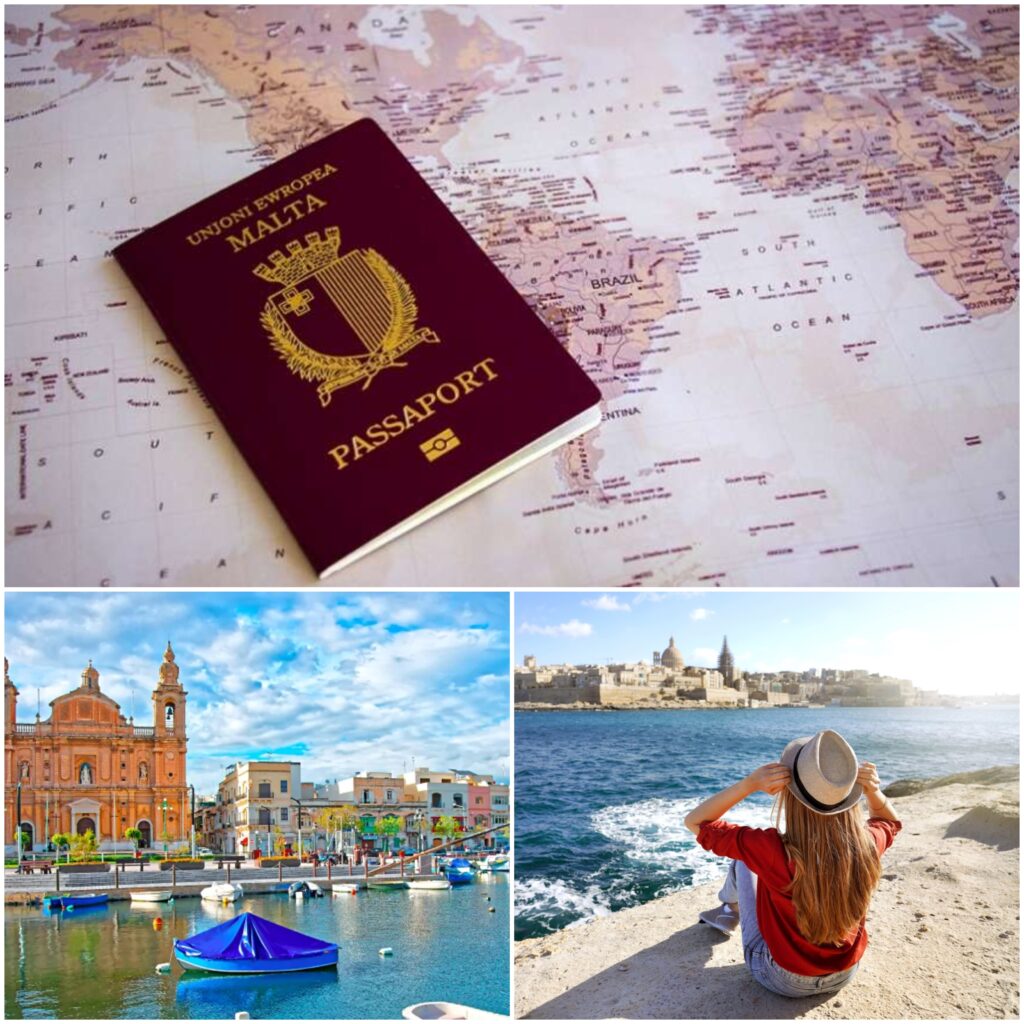Malta has grown in popularity as a travel and investment destination due to its breathtaking scenery, fascinating history, and durable economy. Choosing a suitable visa is best for Malta must whether you are thinking about relocating, looking for work, or just taking a quick trip.
Let’s explore the different Malta visa options and help you in selecting the one that best meets your needs.

Which visa is best for Malta?
1. Tourist Visa (Schengen Visa)
- Perfect for quick visits (up to 90 days in 180 days)
- Allows for leisure, business, or family travel within the Schengen Area, including Malta
- During the application process, you must submit documentation of your lodging, your itinerary, proof of finances, and travel insurance.
- This visa cannot be used for long-term residency or employment.
2. Work Visa (Single Work Permit)
- This is visa is best for Malta because necessary for people looking for work in Malta.
- Before considering non-EU candidates, the employer must exhibit efforts to hire within the EU and provide employer sponsorship.
- A valid employment contract, documentation of qualifications, and a job offer must be submitted as part of the application process.
- The length of the employment contract determines the duration of the stay.
3. Residence Permit (Long-Term Visa)
- Ideal for people who want to stay in Malta for a long time
- The Global Residence Program (GRP) and the Malta Residence and Visa Program (MRVP) are two of the available categories.
- A non-refundable contribution and a minimum investment in real estate or government bonds are required by MRVP.
- GRP mandates the purchase or leasing of real estate in addition to an annual tax payment.
Read: How can I settle in Greenland from India?
4. Student Visa
- Another simple visa is best for Malta; it was created with foreign students pursuing higher education in Malta in mind.
- This requires admittance into a Malta-approved educational institution.
- Candidates must provide documentation of their enrollment, financial situation, and housing arrangements.
- A visa permits full-time employment on holidays and part-time employment during the school year.
5. Investor Visa (Malta Individual Investor Program – MIIP)
- Ideal for wealthy people who want to become citizens by making investments
- Demands a sizable donation to the Maltese government, an investment in securities or real estate that has been approved by the government, and proof of residency
- Offers citizenship and the ability to visit more than 180 countries without a visa
6. Family Reunification Visa
- Designed for people who want to move in with relatives who already live in Malta
- Requires documentation of the family relationship and the family member’s Malta legal residency status
- During the application process, one must provide evidence of their family relationship, proof of housing, and proof of support themselves financially.
7. Retirement Visa
- Specially designed for those who want to spend their golden years in Malta as retirees
- Necessary to maintain oneself without looking for work in Malta; proof of a steady income or pension from overseas is required.
- A valid health insurance policy and housing arrangements must be shown by applicants.

How much is the Malta visa fee?
The cost of a Malta visa is EUR 80. In case you want to travel to Malta for leisure, work, or family purposes and have a maximum stay of 90 days, you might have to apply for a Maltese Short-stay visa, also called the Malta Schengen Visa.
The cost varies according to your age and nationality.
- Adult Visa: EUR 80
- Child (Between 6 – 12 Years): EUR 40
- Citizens of Armenia, Azerbaijan, and Russia: EUR 35
You can make the payment at the Maltese embassy or visa application center – CLICK HERE
Bottom Line
The type of visa is best for Malta will depend on your long-term objectives, length of stay, and reason for visiting.
To ensure compliance with Maltese immigration laws and a smooth application process, it is advisable to seek advice from immigration experts or legal professionals.
Read: Can I go to Ireland without job offer?